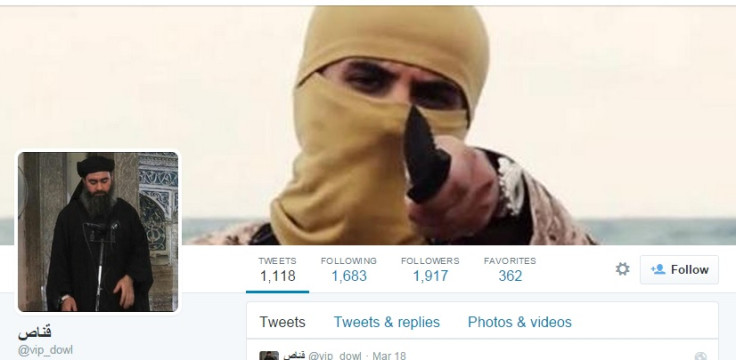Isis targeting misfits and mentally ill to commit lone-wolf terror attacks, claims UK police chief

The Islamic State (Isis) is not attempting to form terror cells based on the model of al-Qaeda to commit attacks in the West, but instead radicalise misfits, criminals and the mentally ill to carry out lone-wolf attacks, according to a UK police chief.
Speaking at the Counter Terror Expo in Olympia, west London, Scotland Yard Assistant Commissioner Mark Rowley, head of specialist operations at the Metropolitan Police, said that the group aggressively targeted potential recruits through social media, and was actively attempting to recruit "the vulnerable, people with violent backgrounds, very young people and those with mental health issues".
He said that Isis had "a cult following that has a wicked motive" and that the jihadist group "isn't looking to organise itself in tight secret cells in the way that previous terrorist groups have done".
"It's actually looking to inspire people to support their cause and to act in their name.
"They're developing that with a very, very determined approach to exploiting social media and propaganda and the like.
"The real aim being to kill and get footage of that to propagate the message and propagate themselves to their cause," he added.
Around 600 UK citizens are believed to have travelled to Syria to fight for Isis, which controls swaths of territory in the country.
Mr Rowley said that before travelling to Syria, many did not have links to terror groups.
"We have terrorist groups now able, from relatively safe environments in ungoverned space of broken areas of the country, to reach into communities in the UK and influence people to act in their name to commit terrorist acts. That is a fundamental difference in the challenge the UK is facing," he said.
He said that extremists still aimed to carry out "spectacular" al-Qaeda-style terror attacks.
"We still have groups who are interested in the awful, spectacular attacks that we have seen with al-Qaeda in the past.
"That's still something we have to be concerned and worried about. But now there's a much wider range, with chaotic attacks across the world using knives, using vehicles.
"The real aim being to kill and get footage of that to propagate the message and propagate their cause."
In recent months, a number of terrorists in the West are believed to have been inspired to carry out lone-wolf attacks after being radicalised online.
In 2009, Isa Ibrahim was found guilty of plotting a suicide bomb attack on a Bristol shopping centre after being radicalised online.
© Copyright IBTimes 2025. All rights reserved.




















